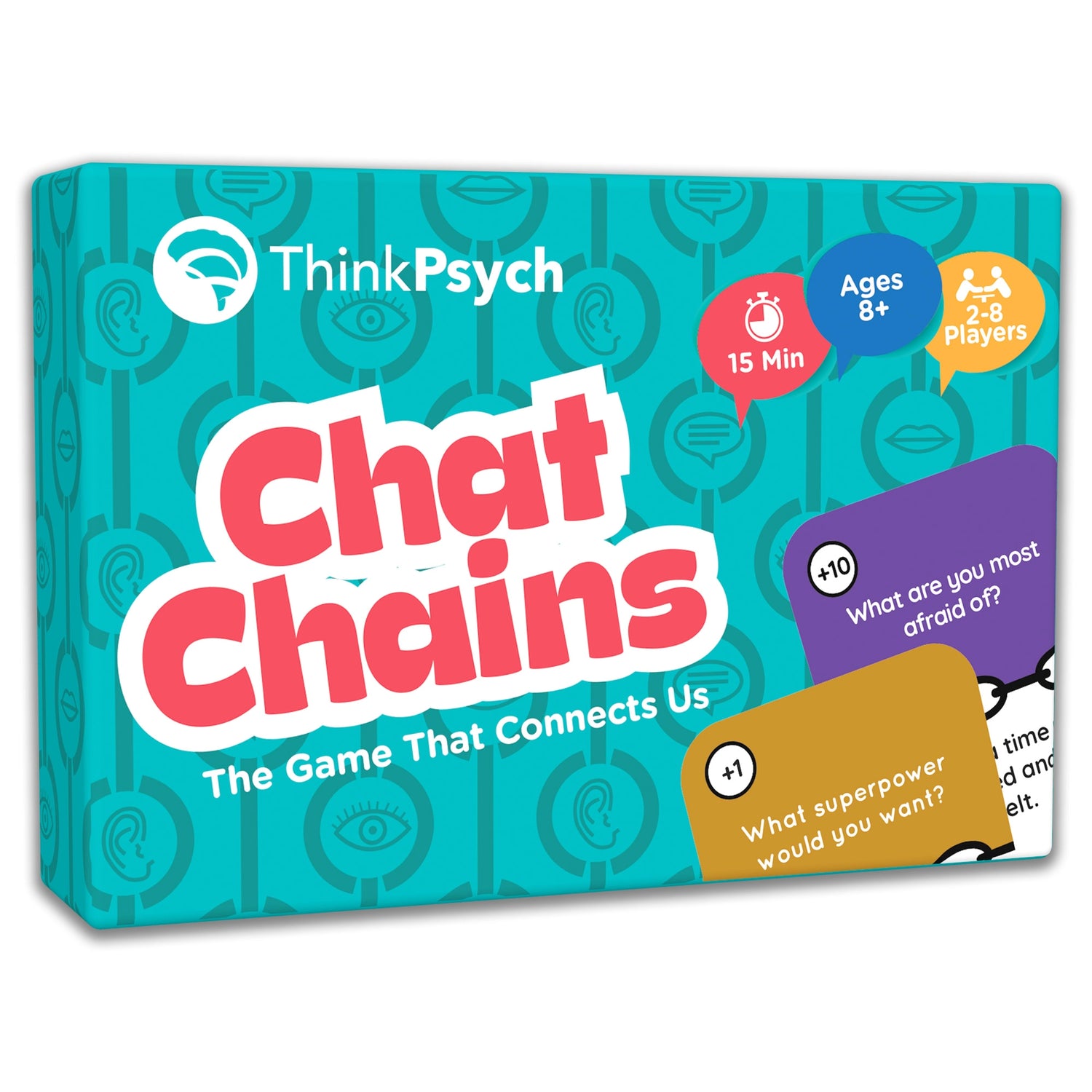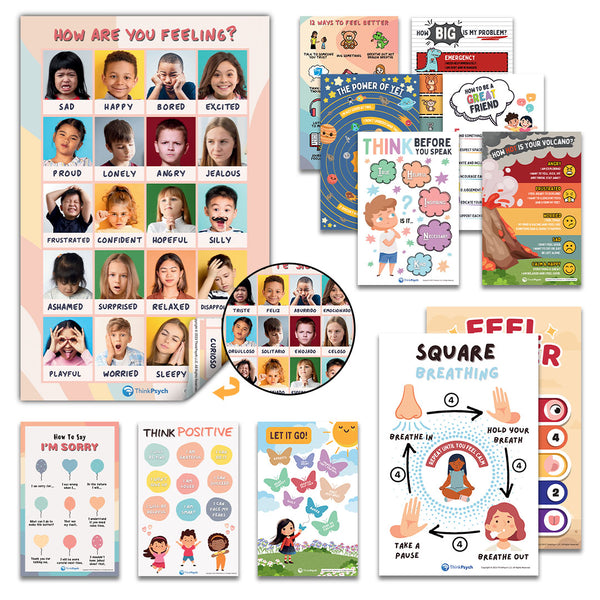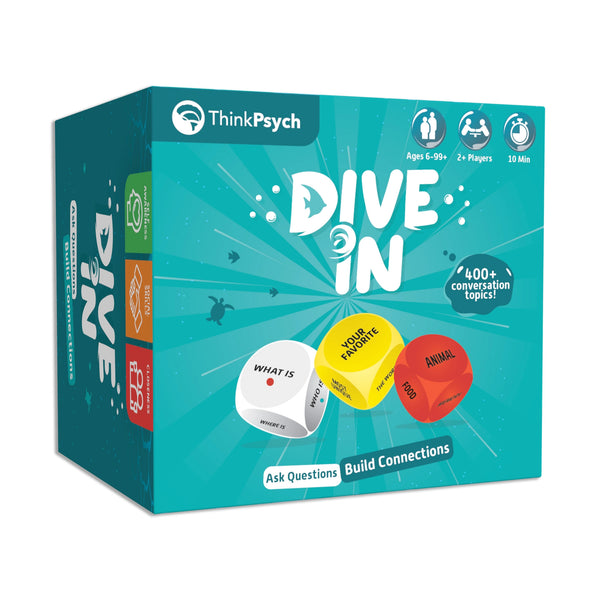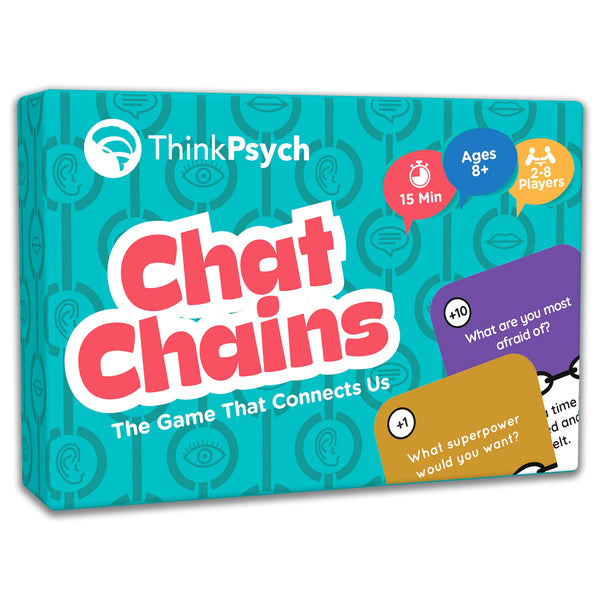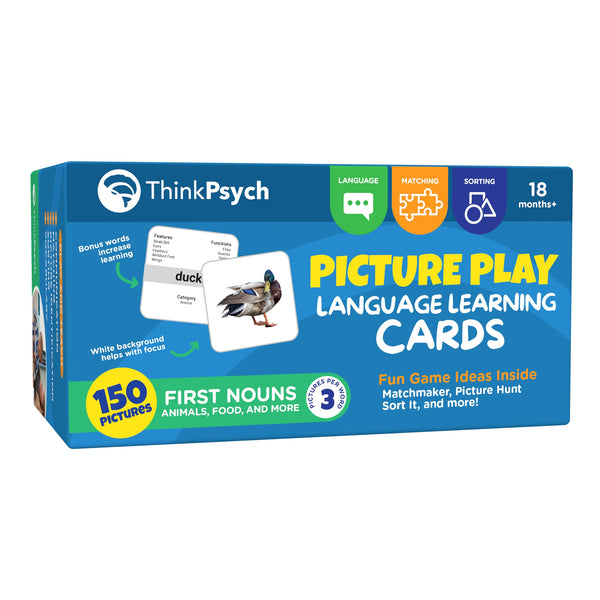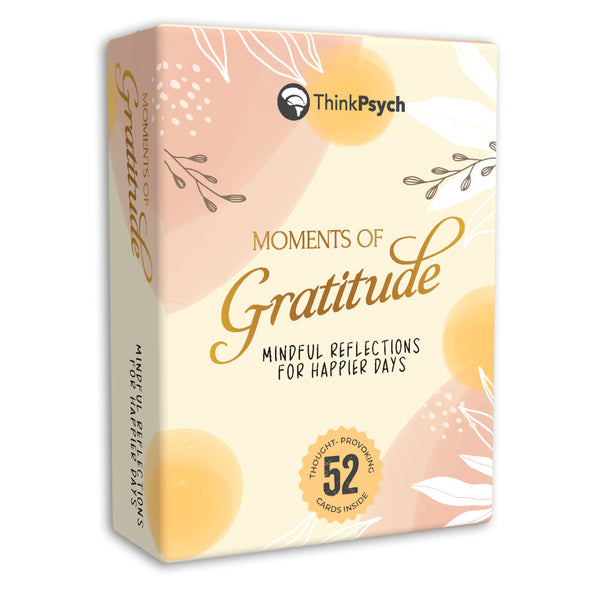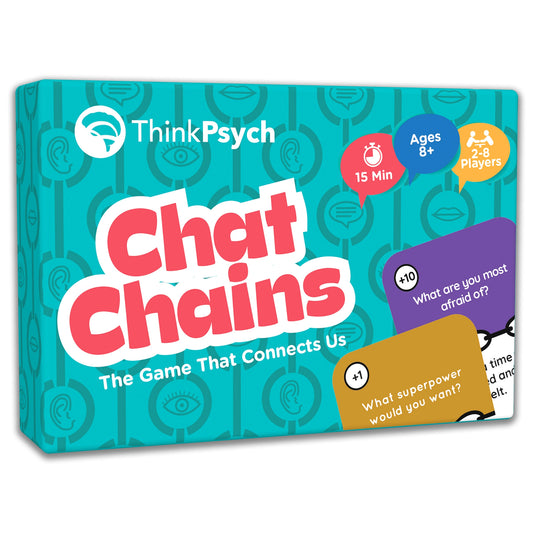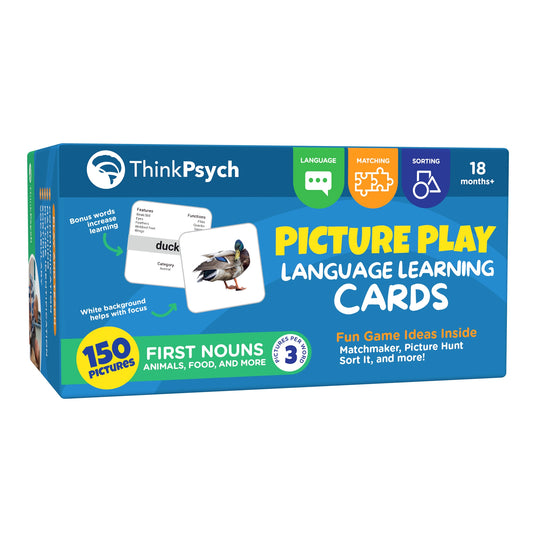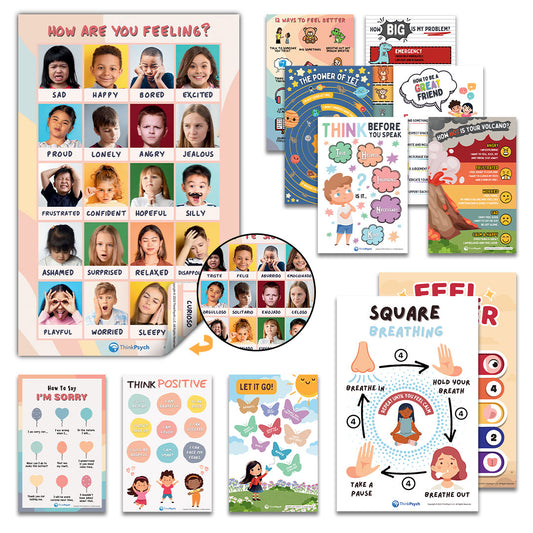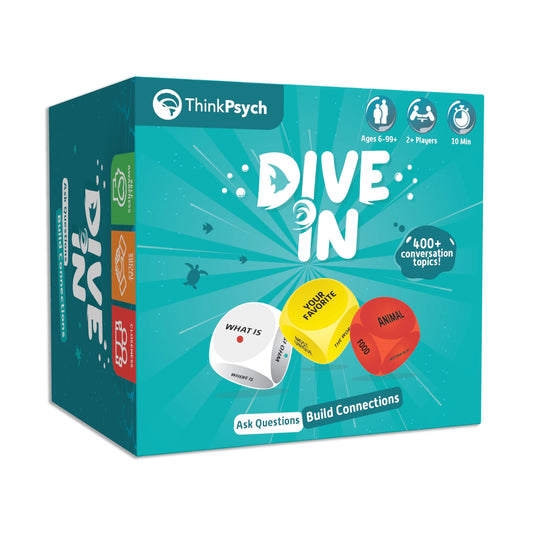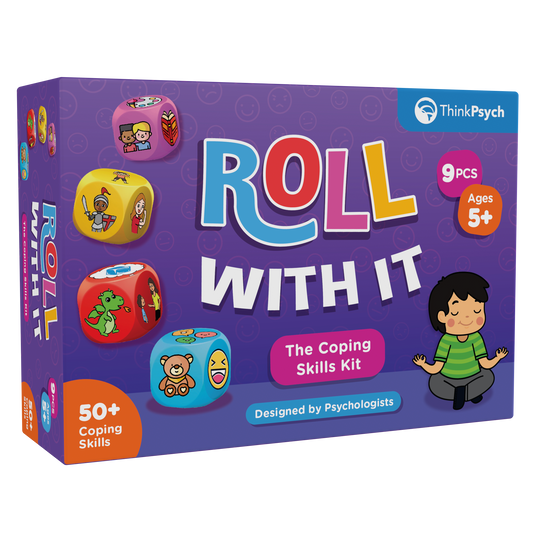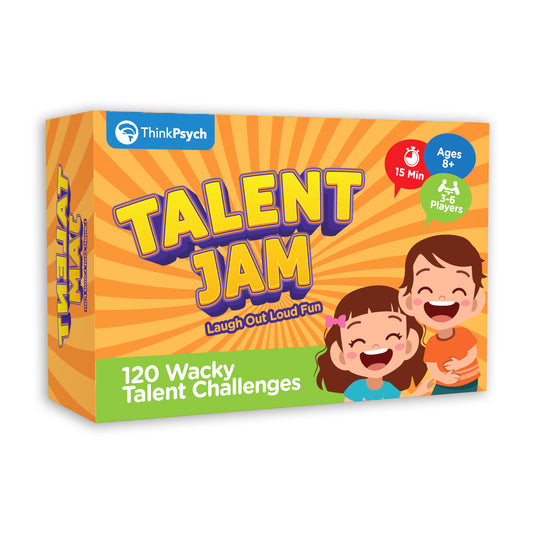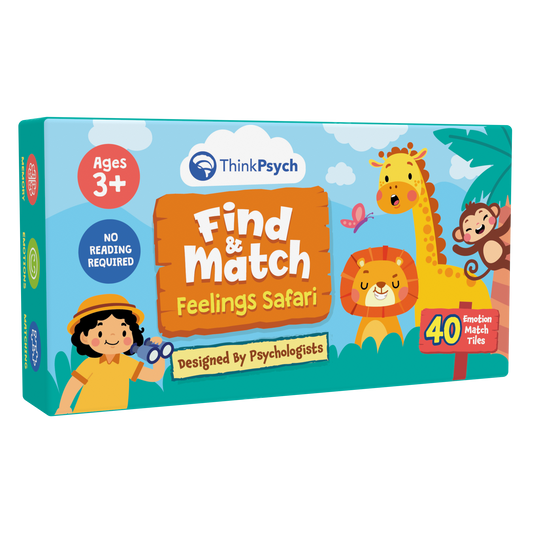
Free Social Skills Checklist By ThinkPsych
Share
“Kids grow up so fast!”
We get it: sometimes it feels like your child is growing up at the speed of light! Between physical, cognitive, language and social milestones, there’s a lot to keep track of!
To help you out, our experts at ThinkPsych have created this free social skills checklist, so you get a strong sense of appropriate milestones for your child. In turn, you can support your kid in developing the social skills they haven’t yet mastered.
How to Use Our Social Skills Checklist
Keep in mind that this checklist includes social skills that most kids have gained by this age.
That doesn’t necessarily mean that your child will follow the same trajectory. Every kid is unique. Your child may be “ahead of schedule” with some skills or a “late-bloomer” with others.
Our social skills checklist is meant to give you a ballpark idea of what to expect and work on with your child.
Of course, if you’re concerned your kid doesn’t yet have one or more social skills in their age group, bring it up with your pediatrician. Your doctor will have more specific guidance to help support your child’s social development.
First 24 Months of Life
Social Skills Checklist for 0-3 Months
- Smiles in response to you (i.e. "social smile")
- Looks at your face and makes eye contact
- Shows new facial expressions
- Calms down when you speak or pick him/her up
- Can self-calm (e.g. sucking thumb)
- Seems happy to see you
Social Skills Checklist for 4-6 Months
- Smiles, moves or makes sounds to get your attention
- Chuckles in response to something funny
- Responds to some facial expressions and gestures
- Turns head toward the sound of your voice
- Enjoys looking at self in the mirror
- Has awareness of surroundings
- Recognizes familiar faces
- Makes sounds to express if happy or displeased
Social Skills Checklist for 7-9 Months
- May be clingy or fearful around unfamiliar people
- Plays some games (e.g. peek-a-boo)
- Picks up meaning of words used frequently and consistently
- Responds to name
- Has a range of facial expressions (e.g. happy, sad, angry, surprised)
- May become "clingy" with you
- Reacts when you leave
- Prefers certain toys
Social Skills Checklist for 10-12 Months
- Plays simple games with you
- Repeats sounds and gestures
- Mimics simple actions
- Extends toys to others
- Demonstrates separation anxiety when not with you
- Marks some independence (e.g. refusing food)
- Seeks to maintain interactions with adults
- Lifts arms up to you
Social Skills Checklist for 13-18 Months
- Claps when happy or excited
- Hugs favorite toy or stuffed animal
- Enjoys being around other children and copies their actions
- Plays independently for brief periods
- Looks for hidden objects
- Enjoys repetitive actions (e.g. putting toys in boxes)
- Shows affection (e.g. hugs, kisses, cuddles)
Social Skills Checklist for 19-24 Months
- Moves away from you but looks back to check you're close
- Points out things of interest
- Looks at pages of a book with you
- Says simple words like "hi" or "please"
- Helps you dress him/her
- Notices when you're upset or hurt
- Checks your face to know how to react to a new situation
- Shows "defiant" behaviors to assert independence (e.g. tantrums)
Download the Social Skills Checklist for the First 24 Months of Life
Preschool Aged Children
Social Skills Checklist for Ages 2-3
- Copies others doing complex tasks (e.g. cooking, cleaning, etc.)
- Participates in group activities (e.g. singing, dancing, etc.)
- Shows affection for friends and family
- Has a wider range of emotions
- Shows you skills and says "Look at me!"
- Becomes upset by changes in routine
- Is able to calm down after you leave
- Is aware of personal needs and acts "selfishly"
- Expresses needs or desires (e.g. "I'm hungry")
- Screams or has temper tantrums
- Is aware of parental approval/disapproval
- May express anger through hitting, biting or fighting
- Has emotional attachments to certain toys or objects
- Seeks out parents/caregivers for comfort
Social Skills Checklist for Ages 3-4
- Cooperates with other children
- Tries to share and take turns
- Sometimes resolves conflicts in small settings
- Uses words to communicate
- Show independence (e.g. chooses own clothes to wear)
- Has a simple concept of good and bad
- Comforts others who are sad or hurt (e.g. hugging a friend)
- Avoids danger
- Enjoys being a "helper"
-
Plays make-believe often
- Shows a higher tolerance for frustration
- Criticizes or expresses opinions
- Displays sympathy
Social Skills Checklist for Ages 5-6
- Develops friendships and even a best friend
- Understands others' feelings
- Follows rules and takes turns
- Enjoys singing, dancing and/or acting
- Engages in play that goes beyond personal experience (e.g. going to space)
- Knows the difference between real life and make-believe
- Has shifts in attitude or moods
- Shows shame when caught doing something wrong
- Completes simple chores at home
Download the Social Skills Checklist for Preschool Aged Children
Shop ThinkPsych Products
School Aged Children
Social Skills Checklist for Ages 6-9
- Engages with other kids while playing or at school
- Knows how to lead and to follow
- May try to be the "best" at everything
- Shows concern for others
- Starts learning from mistakes
- May display infatuation with a teacher or playmate
- Begins to care for room and belongings
- May have difficulty coping with losing
- May express lack of confidence
Social Skills Checklist for Ages 9-12
- Seeks praise and instant gratification
- Becomes highly social
- May be influenced by peer pressure
- Puts some distance between self and adults
- Expresses a wide range of emotions
- Knows appropriate behavior
- Is able to manage anger and big feelings
- Shows interest in popular teenage things (e.g. music, videos, makeup)
- Feels self-conscious
Download the Social Skills Checklist for School Aged Children
High School Aged Teens
Social Skills Checklist for Ages 12-15
- Makes appropriate introductions of self and others
- Initiates conversations with peers and adults in various settings
- Takes turns in conversations and actively listens to others
- Asks relevant questions and responds appropriately to others' communication
- Shows empathy and works to understand different perspectives
- Recognizes and interprets nonverbal cues like body language and facial expressions
- Adapts behavior appropriately to different social situations and settings
- Understands basic social norms and expectations in various contexts
- Identifies and understands own emotions and their impact on behavior
- Uses appropriate coping strategies when experiencing stress or difficult emotions
- Expresses personal identity through choices in interests, style, or activities
- Takes responsibility for personal tasks such as homework, chores, and commitments
- Builds and maintains meaningful friendships with peers
- Communicates needs and feelings effectively to trusted adults
Social Skills Checklist for Ages 15-18
- Builds and maintains deeper, more complex friendships and relationships
- Resolves conflicts through problem-solving, compromise, and accepting consequences
- Navigates romantic relationships with appropriate boundaries and respect
- Makes responsible decisions with increasing independence from parents/caregivers
- Accurately reads social situations and adjusts communication style accordingly
- Takes others' perspectives into account when making decisions
- Understands and respects cultural and individual differences in social interactions
- Demonstrates self-control in challenging social and academic situations
- Resists negative peer pressure while maintaining friendships
- Seeks appropriate help when experiencing emotional difficulties
- Balances family relationships with peer relationships appropriately
- Explores personal interests and identity through various activities and choices
- Makes thoughtful decisions about risk-taking and considers consequences
- Articulates personal values and applies them to decision-making
- Sets realistic short-term and long-term goals and works toward achieving them
Download the Social Skills Checklist for High School Aged Teens
Use Our Social Skills Checklist to Meet Milestones
Cultivating social skills in your child is essential to their well-being. Use our social skills checklist above to track your child’s development and practice skills in their age group. You might even look up recommended social activities to get started!
At ThinkPsych, we’re strong advocates for nurturing EQ (emotional intelligence) in kids. Social skills are one of many vital aspects of EQ. Looking to boost your child’s social skills? Try out one of our expert-designed social skills games!
References:
CDC, CDC’s Developmental Milestones,” https://www.cdc.gov
Pathways, “What Social-Emotional Abilities Should My Child Have?” https://pathways.org
Brain Balance Centers, “Age-By-Age Social Development Checklist,” https://www.brainbalancecenters.com
Kid Sense, “Play and Social Development Charts,” https://childdevelopment.com.au
Raising Children, “Social and Emotional Changes: Pre-teens and Teenagers,” https://raisingchildren.net.au
